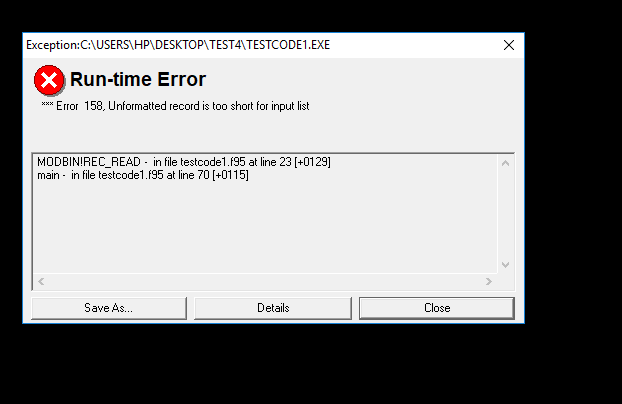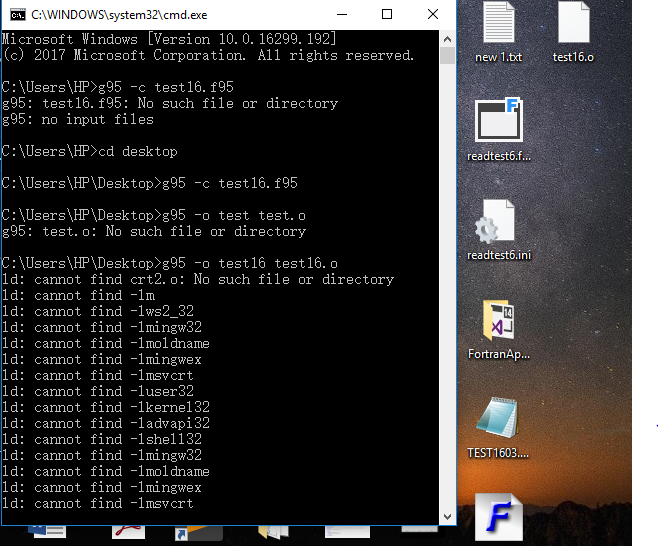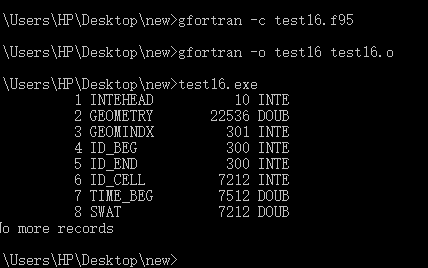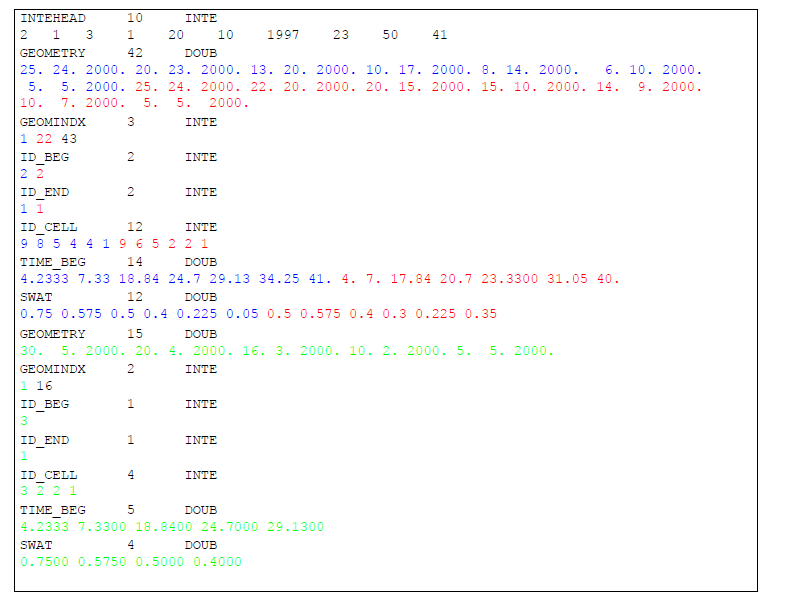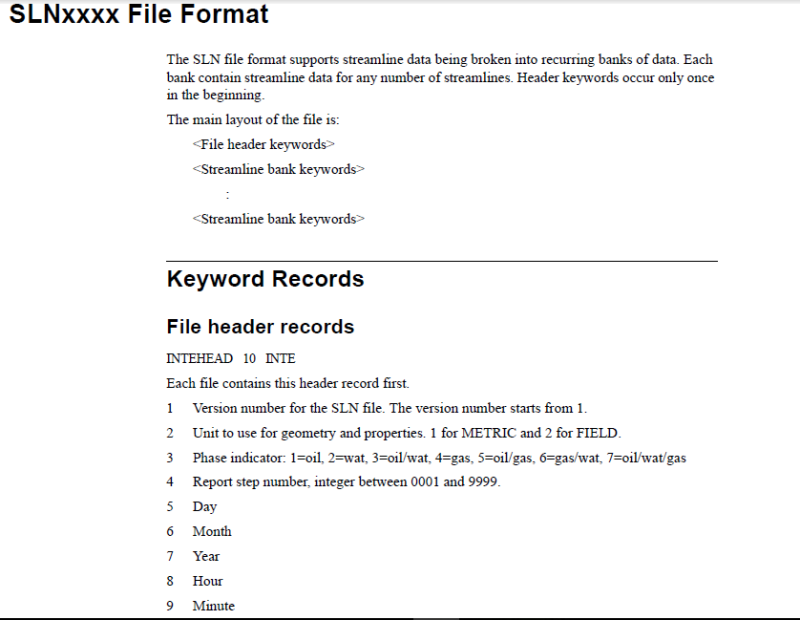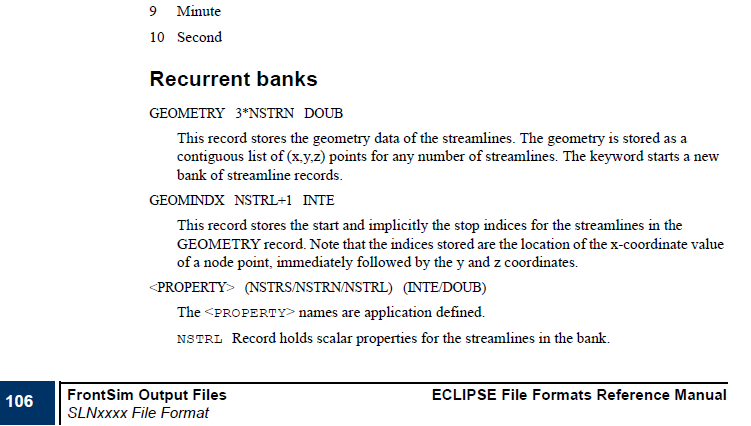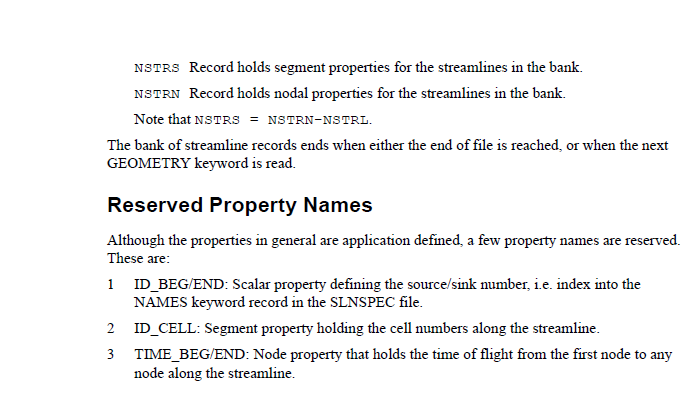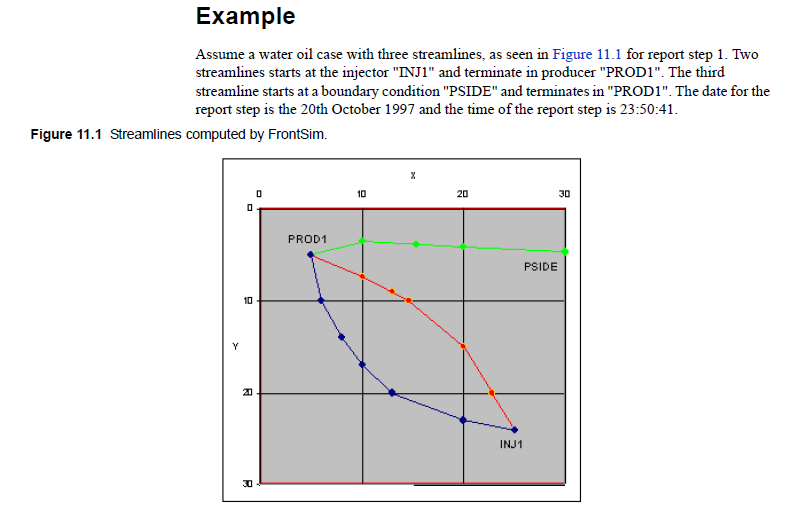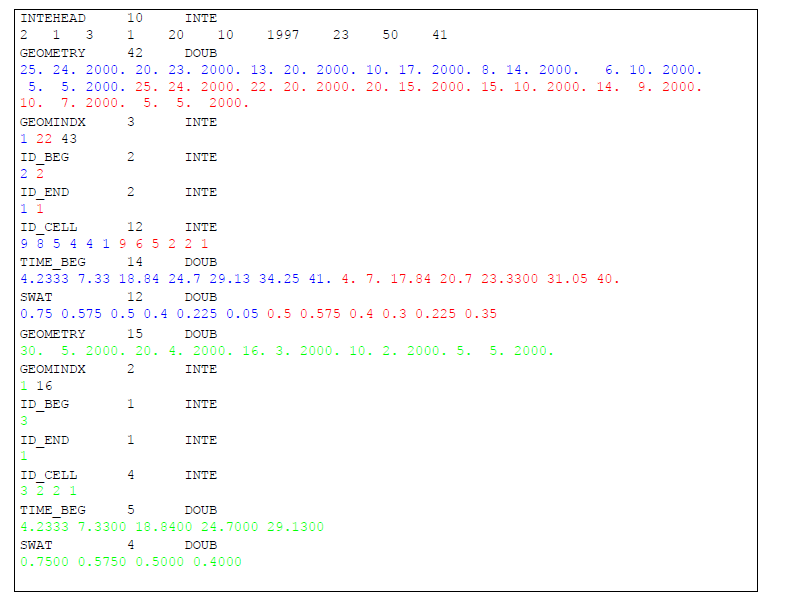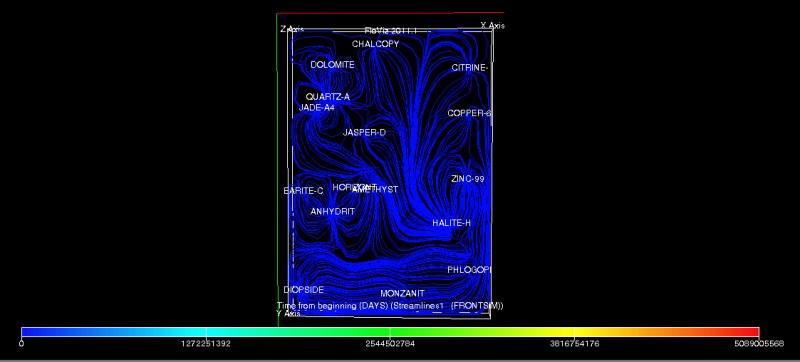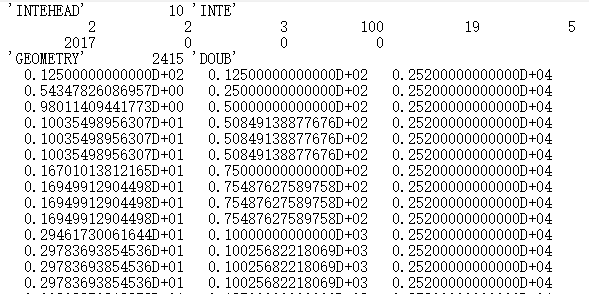joshua desbordes
Programmer
hi im trying to read an unformatted UNIX binary file generated by a software... its suppose to contain information but i cant read it and its my first time dealing with this kind of file format
the software maual has this "The files are UNIX-Fortran unformatted binary files, even on the Windows platform, according
to the general ECLIPSE standard, to ensure platform independence. Furthermore, all keywords
defined in this document that have indexes use base 1 in order to be compatible with all other
ECLIPSE output formats."
file links(my code to read it):file format:file:
the software maual has this "The files are UNIX-Fortran unformatted binary files, even on the Windows platform, according
to the general ECLIPSE standard, to ensure platform independence. Furthermore, all keywords
defined in this document that have indexes use base 1 in order to be compatible with all other
ECLIPSE output formats."
file links(my code to read it):file format:file:

